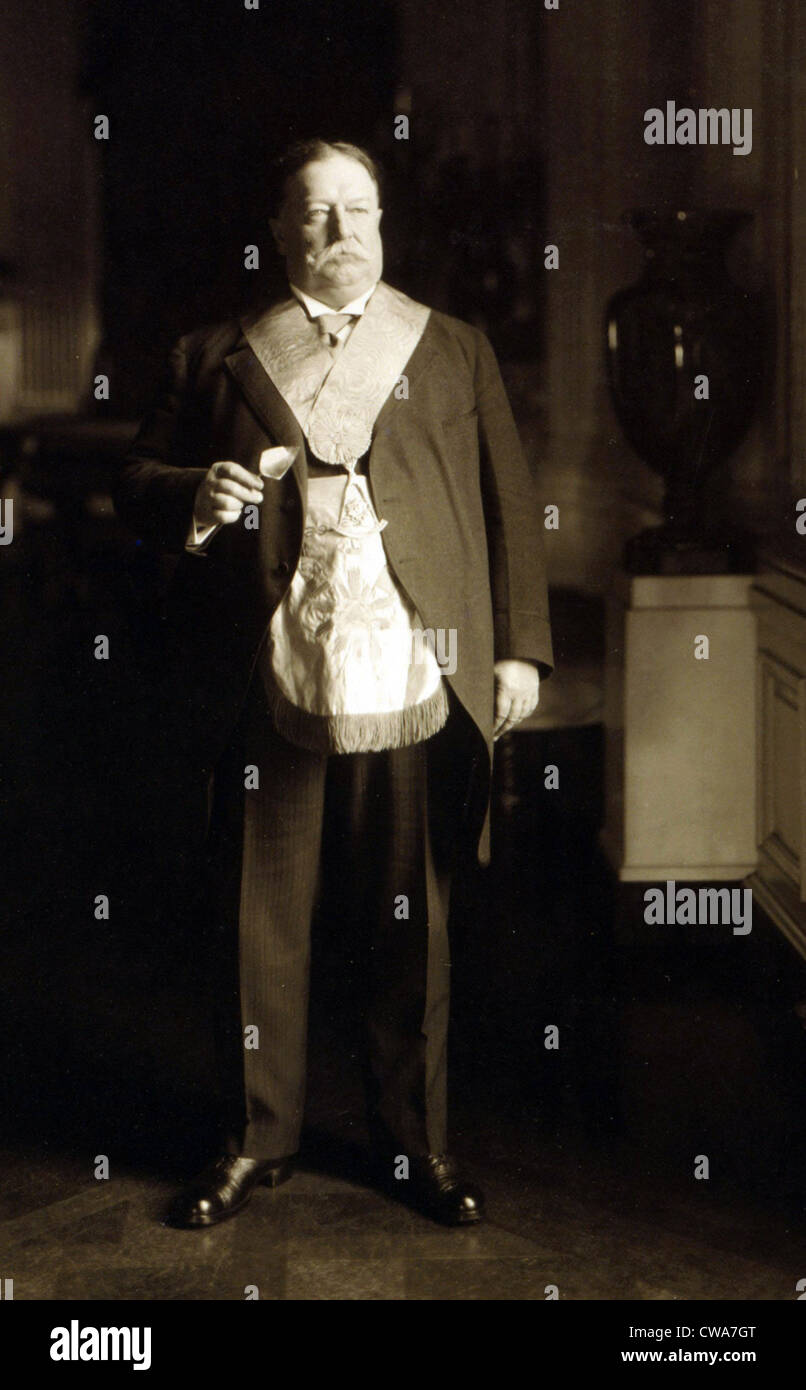


Until elected president in his own right in 1904, Roosevelt sought only moderate reforms, in order to win the support for his renomination and election by the old guard. It was only natural then that Roosevelt supported him above all others as his successor because Taft appeared to be an edited version of himself, the best man to carry out "the Roosevelt policies." The most important of these included supporting the right of labor to organize, forcing capital to obey the law, reforming the currency, improving the Sherman Antitrust Act, strengthening the powers of the Interstate Commerce Commission (ICC) over railroads, avoiding government ownership and socialism, and keeping the tariff rates steady. Legislative Affairs and Tempestuous PoliticsĪs Elihu Root's successor as secretary of war, Taft served Roosevelt less as secretary, because Roosevelt ran the army, than as a provider of sound legal advice, spokesman on the stump, and general troubleshooter. Yet he disliked politics, saying in 1904 that "a national campaign for the presidency is to me a nightmare." When Roosevelt became president, Taft parroted his ideas such was his attachment to him that he several times declined his offer of an appointment to the Supreme Court. Taft, and particularly upon Theodore Roosevelt. In addition, he was afflicted with a craving for quiet, stability, and order that caused him to procrastinate in making decisions and forced him to devote a tremendous amount of energy to completing a task a corpulence that made him sensitive to heat and increased his natural laziness a lack of executive leadership, especially of the skill for achieving political compromises and a perpetual tendency to depend for support upon others, first upon his parents, then upon Mrs. He was devoid of qualities of showmanship, unskilled in managing the fourth estate, conservative in his political and social views, and distrustful of the military viewpoint. Although thoroughly honest, he had certain deficiencies that detracted from success in politics. More than six feet tall, weighing 332 pounds at his inauguration, Taft had an infectious chuckle and was usually even-tempered. However, Helen Herron, whom he married in 1886 and who bore him three children, sought high political office for him and obtained her wish. He thus had excellent credentials for achieving his life's goal, a seat on the Supreme Court. For the next twenty years he received increasingly important judicial positions from Republican hands before serving Presidents William McKinley and Theodore Roosevelt as the first civil governor of the Philippines (1901 –1904) and then as Roosevelt's secretary of war (1904 –1908). He graduated from Yale College in 1878 and was awarded a law degree by Cincinnati Law School in 1880. WILLIAM HOWARD TAFT'S parents were of moderate wealth and some political influence in Cincinnati, Ohio, where he was born on 15 September 1857.


 0 kommentar(er)
0 kommentar(er)
